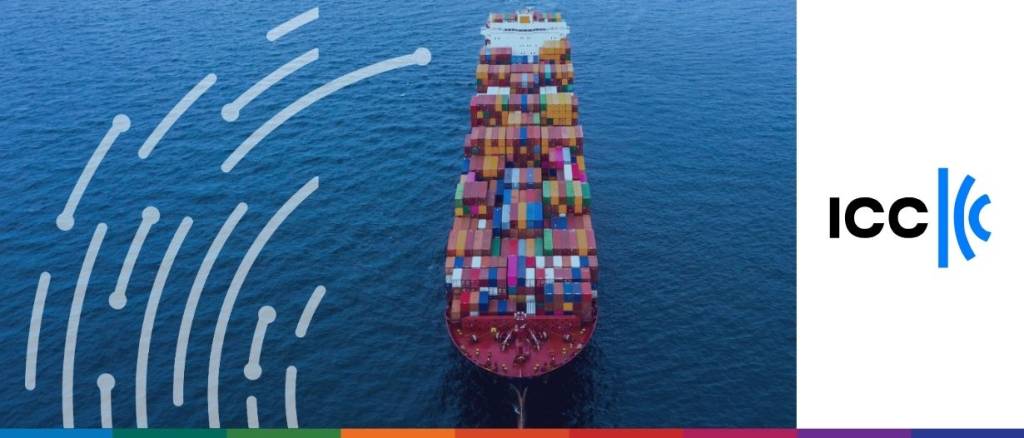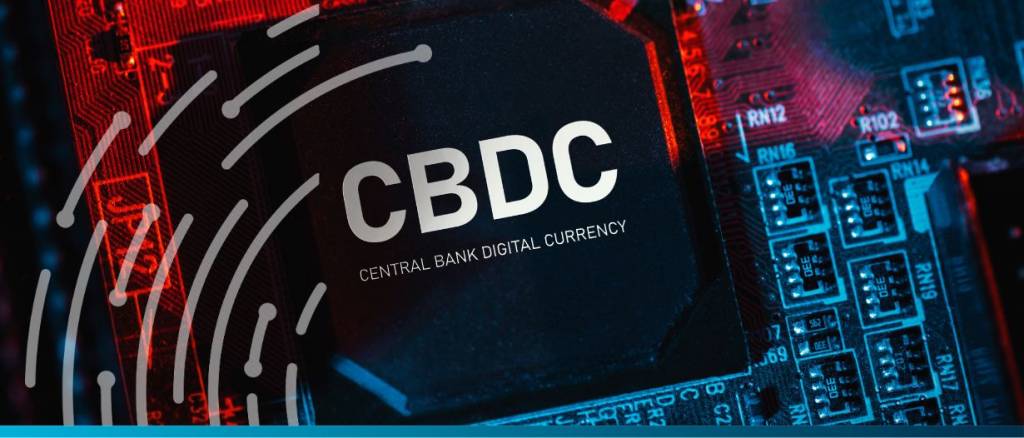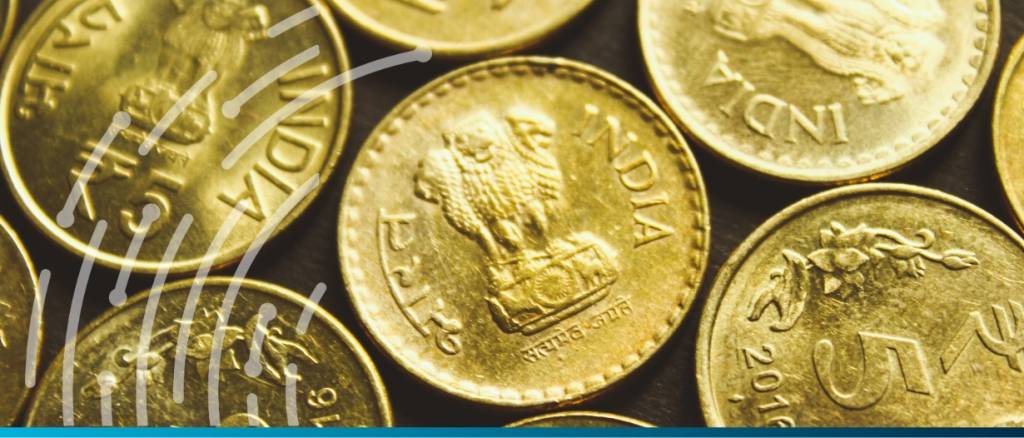The annual Trade Register from the International Chamber of Commerce (ICC) in collaboration with Boston Consulting Group (BCG) and Global Credit Data (GCD) has been released, analysing the landscape for… read more →
Stay ahead of market volatility. Explore the impact of central bank policies on currency markets and learn how to navigate fluctuations.
According to Ravi Menon, the Monetary Authority of Singapore’s (MAS) managing director, Singapore is set to trial the live issue and utilisation of wholesale central bank digital currencies (CBDCs) in… read more →
The UK’s inflation rate remained at 6.7% in September, defying earlier predictions of a slight decrease. This rate is the highest among major advanced economies and sustains the possibility of… read more →
In an era defined by lightning-fast technological advancements and an increasingly interconnected global economy, the cross-border payments market is undergoing a radical overhaul.
South Korea is set to permit offshore companies to apply for trading rights in its local currency market starting next month. This move is part of the country’s ongoing efforts… read more →
India has permitted banks in 22 partner nations, including Russia and the UK, to establish “vostro” accounts within its borders, the government informed the parliament on Tuesday, aiming to bolster… read more →
The Indian rupee depreciated on Monday and appeared set to register a monthly decline due to a central bank that seems reluctant to allow the currency to strengthen significantly. As… read more →
In a bid to bolster the global presence of the Indian rupee, India and the United Arab Emirates have reached an agreement to utilise their respective local currencies for cross-border… read more →
According to a study released on Wednesday by the US-based Atlantic Council think tank, 130 nations, representing 98% of the global economy, are currently exploring digital variants of their currencies.… read more →























